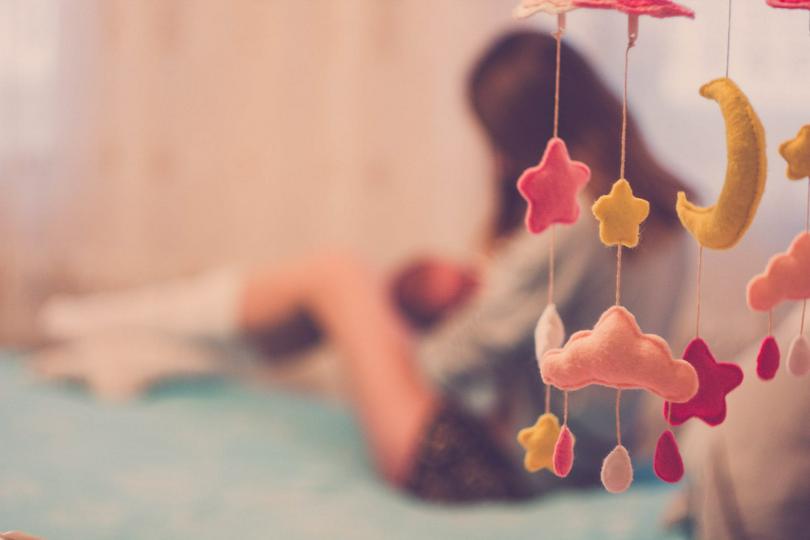Mothers who give birth to boys are more like to suffer postnatal depression by over 79 percent compared to those women who give birth to girls, as per new study as reported on November 8.
Researchers from Kent University in Canterbury have reportedly found out that male babies cause more inflammation during pregnancy. This has been linked to postnatal depression.
The study revealed to have looked at the reproductive histories of 296 women and tracked their birth experience and mental health issues after their pregnancy.
Researchers then found out that the increased inflammatory response to male fetuses was linked to increasing of developing postnatal depressive symptoms. The researchers hope that these findings will encourage mothers to seek help, especially those who have a greater risk of depression.
However, regardless of the baby's gender, going through complicated birth also add to the chances of the mother developing postnatal depression. Dr. Sara Johns, the co-author of the study, said that postnatal depression is avoidable.
"Many known risk factors for depressive symptoms are associated with activation of inflammatory pathways - opening up the potential for identifying novel risk factors based on their inflammation causing effects," she said. "Both the gestation of male fetuses and the experience of birth complications have documented associations with increased inflammation, yet their relationships with PND) are currently unclear. These results highlight two novel PND risk factors, male infants and birth complications, which can be easily assessed by health professionals. It's important to seek help as soon as possible if you think you might be depressed, as your symptoms could last months or get worse."
Symptoms of postnatal depression according to NHS UK:
The main symptoms include:
- a persistent feeling of sadness and low mood
- loss of interest in the world around you and no longer enjoying things that used to give you pleasure
- lack of energy and feeling tired all the time
- trouble sleeping at night and feeling sleepy during the day
- feeling that you're unable to look after your baby
- problems concentrating and making decisions
- loss of appetite or an increased appetite (comfort eating)
- feeling agitated, irritable or very apathetic (you "can't be bothered")
- feelings of guilt, hopelessness, and self-blame
- difficulty bonding with your baby with a feeling of indifference and no sense of enjoyment in his or her company
- frightening thoughts-for example, about hurting your baby; these can be scary, but they're very rarely acted upon
- thinking about suicide and self-harm









